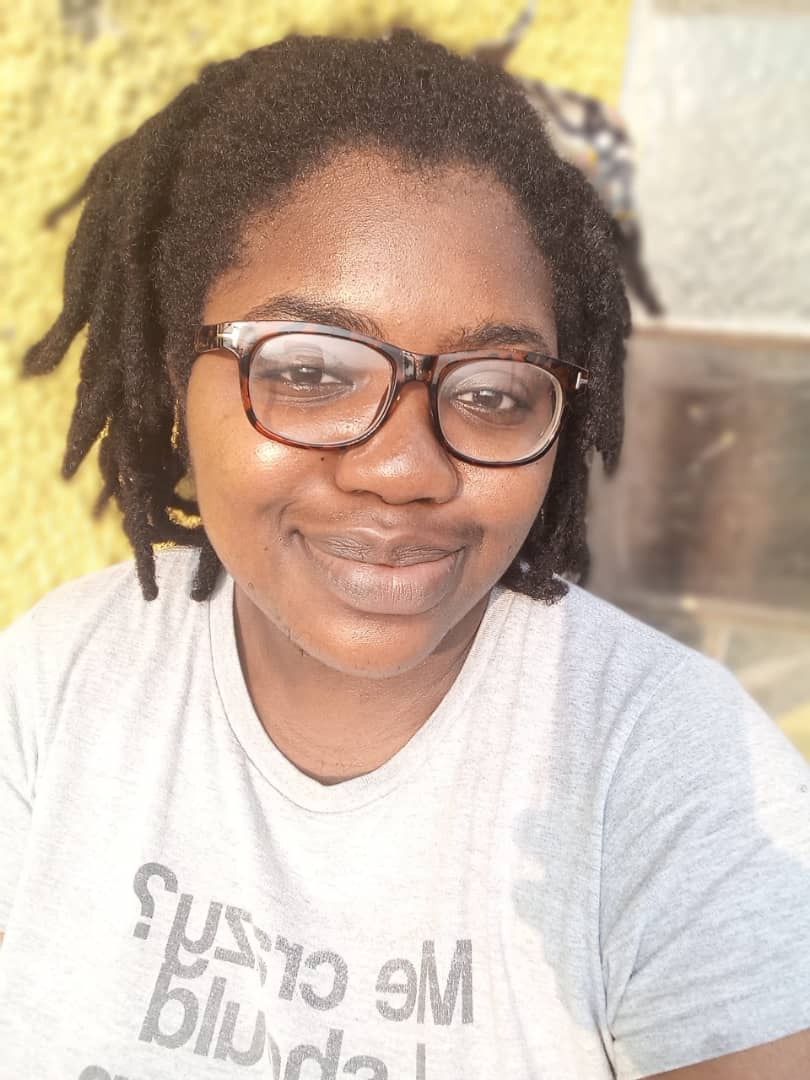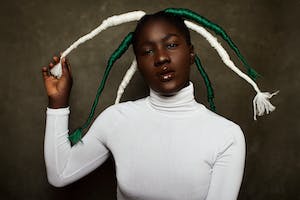One of my favourite non-African feminist authors is Elif Shafak. I love her because of her honesty in writing about issues surrounding motherhood, marriage, being a writer and the issue of naming in women.
In her groundbreaking memoir titled Black Milk, she said that while men are born knowing their identities in their names are secure, women live as name nomads.
Ms. Shafak herself though married, did something unusual and used her mother’s first name as her current surname. She mentioned that when she was starting her career as a writer, she took her mother’s first name and not even her mother’s last name as her own new surname.
This she did to honor her mother who raised her as a single mother.
In 2018, I remember making a tweet where I asked African Christian women to state the most sexist thing they had heard in churches. One of the responses struck me much later as being similar to the statement made by Ms. Shafak on women being “name nomads”. In it, the Nigerian woman said that the pastor said that women had no church and indirectly no homes, no names and no identities until they got married and started going to their husband’s churches.
2023 is a pivotal year in Nigerian politics courtesy of the numerous elections being held. There is the presidential election and the election of the Lagos state governor and other states as well.
The presidential election has been held and all eyes are on Lagos to see who would get into office of Nigeria’s commercial hub.
Now, here’s what I find interesting. One of the candidates from Labour Party named Gbadebo Rhodes-Vivour, although having a Yoruba father, has been criticized for not being Yoruba enough. And all for what? This is because his mother is Igbo and his wife is Igbo.
Patriarchy is very cunning and if it weren’t such a sad example of how women can never win in sexist societies I’ll be laughing at the sheer ridiculousness.
In Nigeria, children are told from as early as three that a child belongs to the father no matter the ethnicities of the mother. In some Nigerian families, regardless of the labour pain faced by women, the father and elderly males in the family have first rights in naming the child and the mother often cannot name her child without being frowned upon.
Even more, there is the concept of “state of origin” which explicitly states that the father’s state of origin and hometown is to be claimed by the child and not the mother’s. This erasure of women’s efforts is such that even when the father is absent and a deadbeat, the child takes on his surname, claims his state and has his identity as an ever constant trail.
Now, in the case of Gbadebo Rhodes-Vivour, it is interesting that the rules regarding all of these are overturned in order not for him to be elected.
It is not enough that his mother may be told that she belongs to her “husband’s people”. It is not enough that she answers her husband’s name. It is not enough that she may even be told to place her husband’s state of origin as her own state of origin.
All of these are not enough because it is not just her who is seen as an eternal outsider. Her son is also seen as one.
The honest truth is that women cannot win in sexist societies. Women can use marriage to escape the clutches of an overbearing home and father, but can we truly say such women are free if they live with the fear of being stripped off the wealth they built once their husbands die?
When women know they shall not receive adequate inheritance enough to build homes and have businesses even as unmarried daughters can we say women are free?
When an unmarried woman with lots of money of her own finds it difficult to buy land or rent property without bringing a man to front as her husband can we truly say women are protected in their homes?
Nigerian women are raised to see a husband and a husband’s home as the pinnacle of our existence. However, if it is not domestic violence chasing and threatening even the safety of married women, then it is in-laws who bring a second wife in to birth sons if the woman only has daughters.
The home is said to be a safe space for members of society but how can we determine what a safe space is when women lack inheritance rights?
If women do not have concrete confidence about their place in a home and a space, to borrow the words of the writer Elif Shafak, women will remain “home nomads”.

Angel Nduka-Nwosu is a writer, journalist and editor. She moonlights occasionally as a podcaster on As Angel Was Sayin’. Catch her on all socials @asangelwassayin.


An absolute good read!
Finally, I get to put a name to experiences I’d gone through/heard of leading to displacement mentally, physically and socially.
More power to you Angel!✨
My question is, what is the solution to this place of origin issue? If two parents from different origins want their child to have their place of origin. What can be done to have a common ground?
Amazing read, thank you 😊